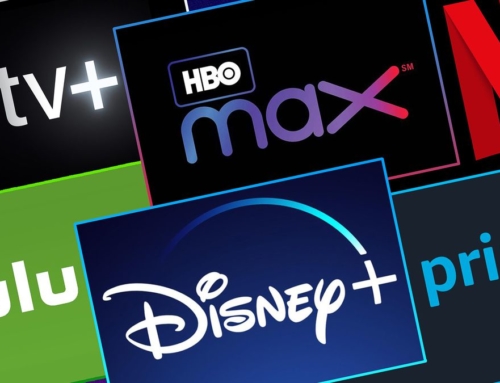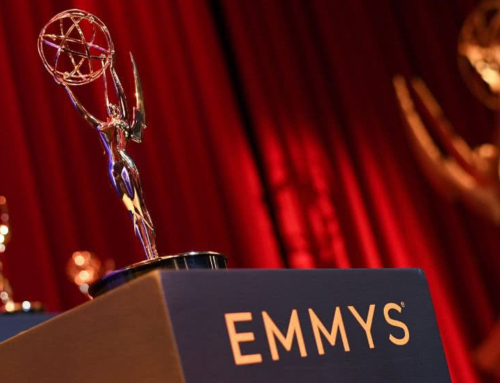We’re only two months into 2019, and already the year feels as though it’s dragging on. This is at least true for the entertainment industry. As is the case every year, award season has brought in the new year — yet this award season has been marred by further controversy, low ratings and a lingering sense of fatigue for the major awards including the Golden Globes and the Grammys. Awards season will be capped off this weekend with the Oscars, although audiences this year may tune in for reasons other than the awards themselves: the biggest reason being the rumoured mess that is about to take shape.
The Oscars have found themselves in hot water for a number of reasons in recent years — from the hashtags of #OscarsSoWhite, to the lack of female representation marred by the #MeToo era, to this year’s hosting controversy following Kevin Hart’s dismissal after the comedian was found to have made homophobic remarks in the past. Oscars ratings have been dwindling for years, and this year’s broadcast looks to continue that trend.
With their remarkably long run-time and dry atmosphere, the Oscars have been plagued for years by a lack of what they seek to reward: entertainment. This year, however, is a year of firsts for the Oscars. The show will go on hostless for the first time since 1989, while the awards themselves have been taken up by unlikely competitors.
Netflix — the streaming giant and cinema’s so-called biggest threat — was nominated a total of 15 times this year, including the studio’s first nomination for “Best Picture” with the critically-acclaimed Roma. Following stirs of controversy at each major film festival last fall, the streaming service found its way into cinema’s most coveted position without releasing a film in theatres. Although Roma had a limited theatrical run, the release was extremely limited to a few major cities, and only spanned three weeks (so as to comply with the Academy’s Oscar eligibility requirements), while the film was made available for streaming at the same time. The film didn’t make much money, nor did it cost very much to create. Yet, it could take home the biggest prize in the film industry on Sunday night, much to the surprise and chagrin of the Academy’s biggest supporters.
Here though is the Academy’s biggest problem; it refuses to change with the times, and when it does it is either too little too late — as was evidenced in the Academy’s inclusion and quick removal of a proposed “Most Popular FIlm” category — or the changes are terribly misguided, as seen in the outcry following the Academy’s recent removal of four prestigious categories from the televised broadcast which prompted the Academy to quickly reverse the decision.
If the Academy wants to maintain its reputation and increase its viewership, it would be smart to look towards the music industry. The Grammy Awards have faced similar criticisms to the Oscars in recent years. However, last year the Recording Academy made the decision to expand the number of nominations in all major categories while, more importantly, expanding and diversifying its membership –which led to a group of nominees that actually represented the year in music. This, combined with a number of high profile performances, made for a mostly entertaining show that showed an increase in viewers for the first time in years.
As far as this year is concerned, the Oscar winners are predictable, as is the broadcast itself. It’s likely that we’re in for another messy, yet dull, Oscars ceremony this Sunday night. We won’t know until Monday morning how far the ratings will have fallen or risen, but the Academy would be wise to start preparing for 2020 already. Until then, and until the Academy can inject some life and authenticity back into its annual ceremony, the film industry will continue to lag behind the social and cultural innovations found in other areas of the entertainment world.











Leave A Comment
You must be logged in to post a comment.